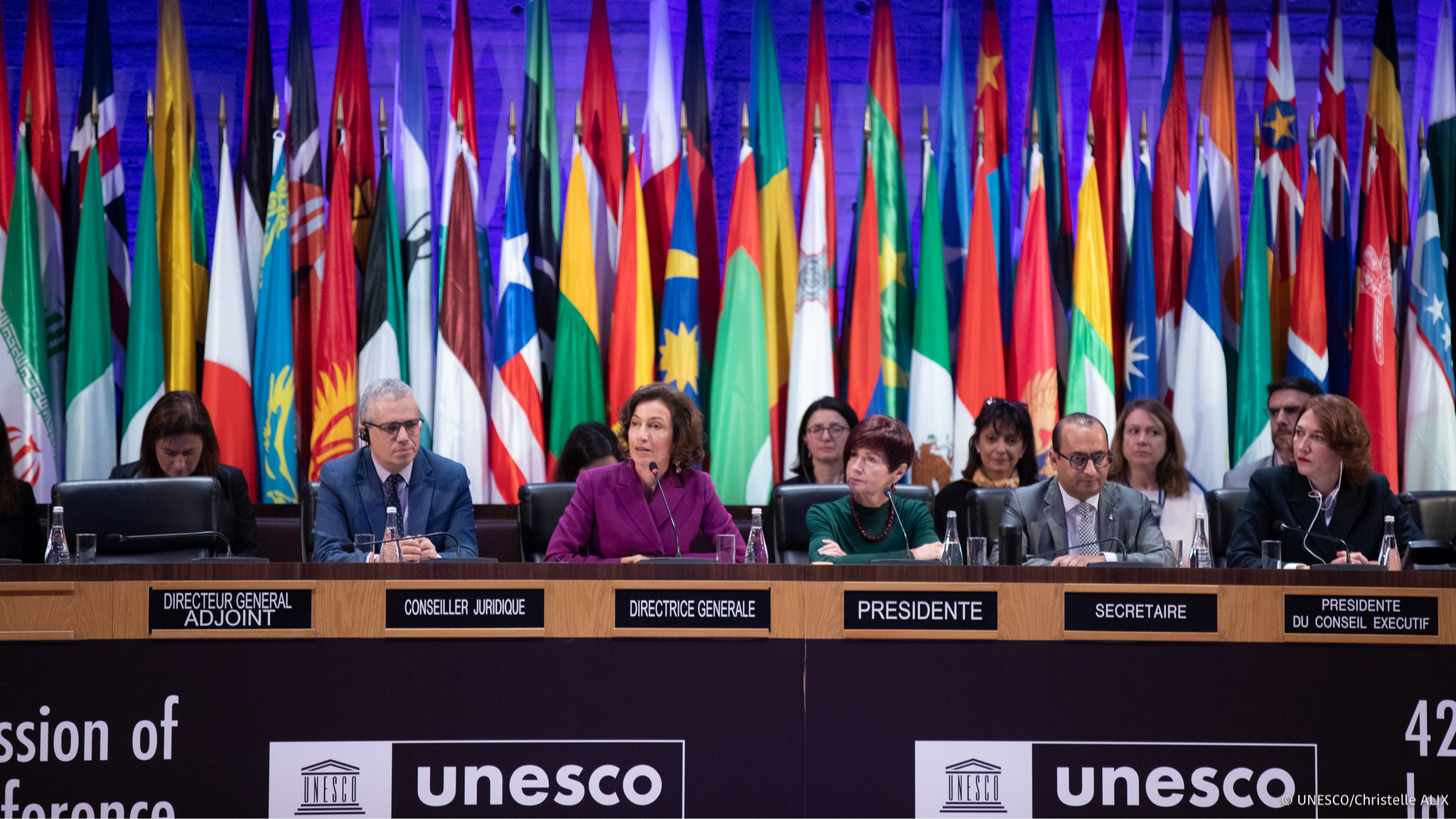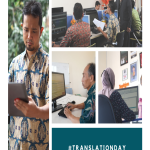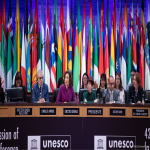Indonesia erupted in jubilation as Bahasa Indonesia was officially recognized as the 10th official language of the United Nations Educational, Scientific and Cultural Organization (UNESCO). This momentous achievement was marked by the unanimous adoption of Resolution 42 C/28 at the Plenary Session of the 42nd General Conference of UNESCO held in Paris, France, on Monday, November 20, 2023.
This historic decision underscores the global recognition of Bahasa Indonesia's cultural richness and profound influence. With this official designation, Bahasa Indonesia can now be employed as the working language of the UNESCO General Conference, facilitating seamless communication and fostering deeper understanding among member states.
Indonesians across the archipelago celebrated this landmark achievement, hailing it as a testament to the nation's vibrant linguistic heritage and its burgeoning role on the global stage. The recognition of Bahasa Indonesia as an official UNESCO language is not merely a symbolic gesture; it is a powerful affirmation of Indonesia's cultural identity and its unwavering commitment to promoting intercultural dialogue and understanding.
A Remarkable Journey to UNESCO Recognition
Bahasa Indonesia, officially adopted as the national language in 1945, has embarked on an extraordinary journey to achieve global recognition, culminating in its official designation as the 10th language of the United Nations Educational, Scientific and Cultural Organization (UNESCO). Since Indonesia's independence, Bahasa Indonesia has served as a beacon of unity, bridging the vast and diverse ethnicities and cultures that make up the archipelago.
Indonesia has proactively taken concrete steps to introduce Bahasa Indonesia on an international scale, spanning diplomatic engagements, trade endeavors, and cultural initiatives. These efforts align with Article 44 Paragraph (1) of Law Number 24 of 2009, which stipulates the importance of upholding the nation's language, flag, coat of arms, and national anthem.
Ambassador Oemar (The Ambassador Extraordinary and Plenipotentiary of the Republic of Indonesia to the Republic of France, also accredited to the Principality of Andorra, the Principality of Monaco, and the United Nations Educational, Scientific and Cultural Organization (UNESCO), with headquarters in Paris) eloquently captured the unifying essence of Bahasa Indonesia, stating that it has been a cohesive force since pre-independence, particularly through the pivotal Youth Congress of 1928. He further emphasized the language's global reach, noting its presence in the curricula of 52 countries and its estimated 150,000 foreign speakers.
Indonesia's unwavering commitment to promoting Bahasa Indonesia on the international stage has not gone unnoticed. UNESCO's recognition of Bahasa Indonesia as an official language is a testament to the language's cultural richness, its ability to bridge diverse communities, and its potential to foster intercultural dialogue and understanding.
This remarkable achievement serves as a powerful affirmation of Indonesia's linguistic heritage and its burgeoning role on the global stage. Bahasa Indonesia's ascent to UNESCO status is a beacon of hope for other languages seeking global recognition, demonstrating that linguistic diversity is not merely a matter of cultural preservation but also a key driver of international communication and cooperation.






